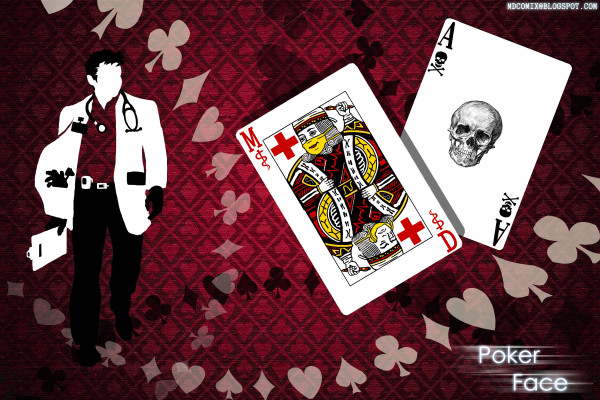Occupational Physicians as Goaltenders
I recently had the opportunity to shadow a local occupational medicine physician over spring break. I arrived at his office Monday morning expecting a brief day of clinic, maybe some conversation over lunch; maybe I get lucky and he pays for my sandwich. Within minutes of meeting him, though, the physician offered to host me for the entire week on a “mini-rotation.”




